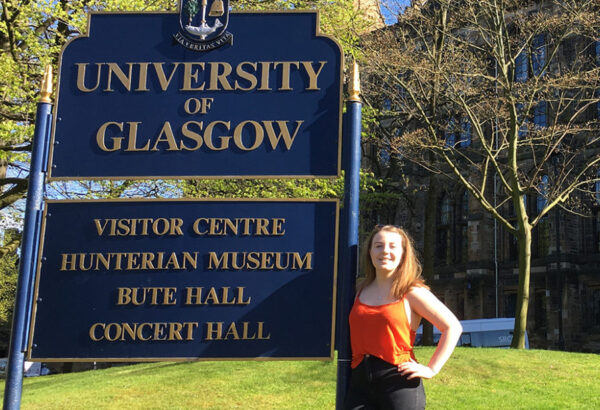You can hold on to any offer you receive until all your chosen universities have made their decisions, but then you have to choose which ones you want to accept.
You can accept one offer as your Firm acceptance (often called your UF choice if the offer was unconditional or your CF choice if it was conditional). If your Firm acceptance is CF, then you can accept a second offer as your Insurance acceptance (often called your CI choice), but you must decline any others. Most applicants who have more than one conditional offer will accept as CF their first choice university and then a university which has made a lower offer as their CI choice.
You can, in fact, decline all your offers if you wish. Perhaps you have realised that you have made a dreadful mistake in your choice of subject and now wish to look for another subject in UCAS Extra or the Clearing procedure. However, normally you will want to accept one offer as your firm acceptance.
Once you have done that, you and the university are bound together by the rules of UCAS. If you firmly accept an unconditional offer then you have a definite place at that university. If you firmly accept a conditional offer and then meet all the conditions, the university is obliged to accept you and you are obliged to go there.
Obviously, it makes sense to choose a lower offer for your Insurance choice so as to maximise your chances of getting at least one of your two choices. However, make sure it is somewhere you would still like to go because, if that is where you are placed, the UCAS rules require you to go there. Finally, make sure you do reply to your offers. If you don’t, and ignore the reminders UCAS will send you, you will be ‘declined by default’ and lose your offers.
You can track the progress of your application throughout the process using Track. Your password will be sent to you with the acknowledgement of your application and the facility will give you an up-to-the-minute summary of where all your applications are at in the system. There is even a version for mobile phones.





